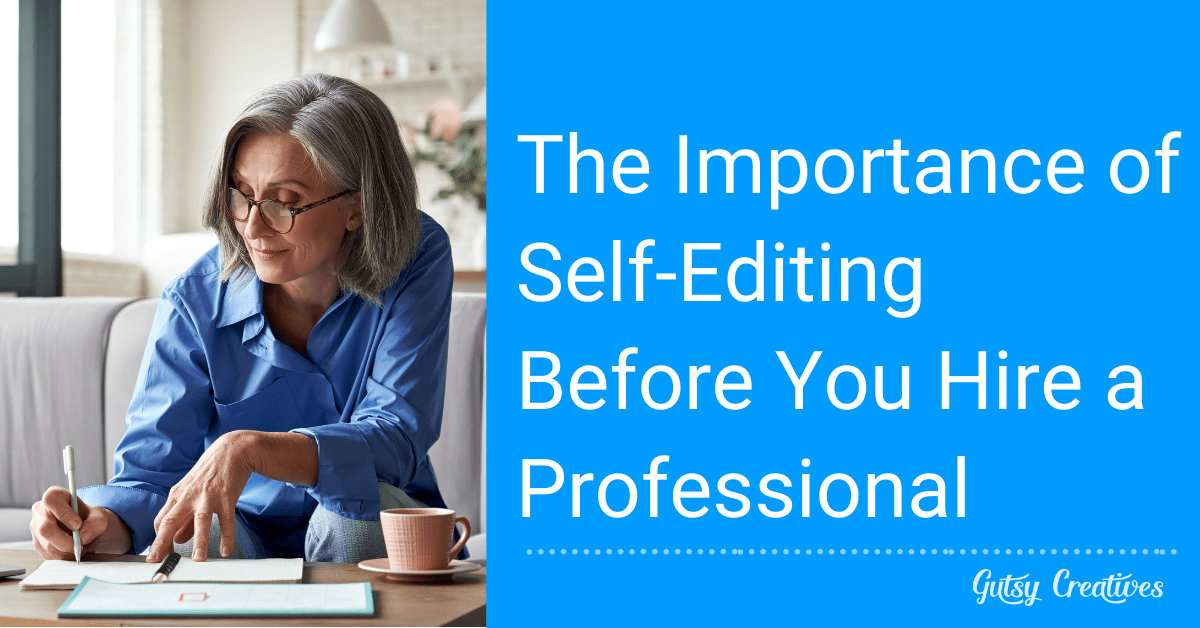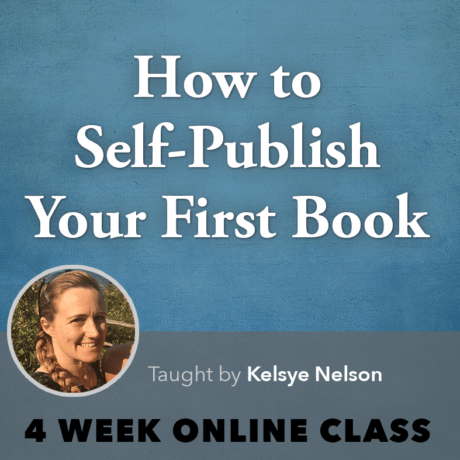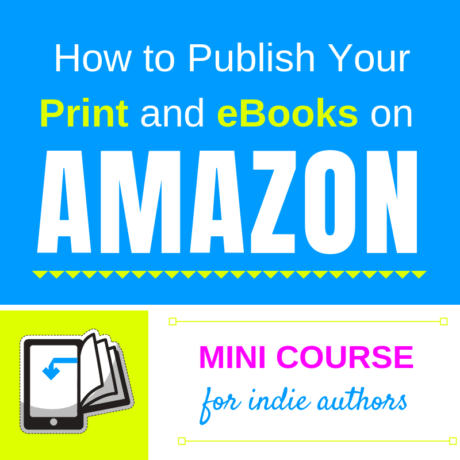

We’re often averse to re-reading our own work. It takes a great deal of effort to go through your manuscript once it is complete. The temptation to send it off to an editor immediately can be quite overwhelming, but that’s the last thing you should be doing.
Self-editing your manuscript is an important part of writing, just like marketing and promoting. It’s even more important if you’re an indie author working on a budget, because self-editing can cut down your editing costs by a significant percentage.
The goal of self-editing is to get rid of the obvious, embarrassing errors in your book. You don’t need to pay attention to every single detail — that’s for the editor to do when you hire them. Self-editing is mostly for plot holes, timeline inconsistencies, and basic grammar mistakes and typos. When you minimize these glaring errors, you save the editor’s time. They won’t be distracted by these minor mistakes, and hence can focus on taking your story to perfection.
But remember, just because you need to self-edit, doesn’t mean you don’t need to hire a professional editor!
There are four stages of editing:
- Developmental editing – for story, plot, character editing, etc.
- Line editing – for sentence structure, diction, syntax, etc.
- Copyediting – for grammar, spelling, punctuation, etc.
- Proofreading – final stage, encompassing all of the above.
This is where a professional editor comes in handy. Professional editors have a special set of skills that can focus on the minute details of your story, polishing it up for the final copy, so that you have the best possible version of your novel at the end.
What are some of the easiest ways to self-edit your novel?
1. Use an editing application
In order to make self-editing easier once you finish your manuscript, get an editing application to look over your writing as you write. Softwares like Grammarly and ProWritingAid can be a lifesaver — and a timesaver! You don’t need to read and reread every single sentence to detect grammar, spelling, and punctuation errors yourself. Check out our blog post on 3 such useful writing tools for writers to enhance writing!
2. Leave your manuscript aside
In his memoir On Writing, Stephen King says he sticks his first draft in a drawer for six weeks before he dives back into his story. According to him, when you stay away from your draft for a while, you get to come back to it with fresh eyes and a fresh mind, and you’re likely to see the plot holes and grammar errors much more easily.
It doesn’t have to be exactly six weeks — if it feels too long for you, you can always cut the period short as it suits you.
3. Listen to your manuscript
When reading your own words becomes tedious after a few hours, switch it up for audio. Listening to your manuscript can enhance the mistakes that might otherwise go unseen, and make them easier to detect. You can easily use the free built-in text-to-speech tool on your Mac or PC to select the preferred text and have it read out loud.

Sharika Hafeez
Sharika Hafeez is a nerd, and she’s proud of it. Growing up, she fell in love with books and writing, and is currently following her undergraduate degree (for some mysterious reasons) in Physics. She likes procrastinating by watching the stars with a steaming cup of tea, composing poetry in her head.







0 responses on "The Importance of Self-Editing Before You Hire a Professional"